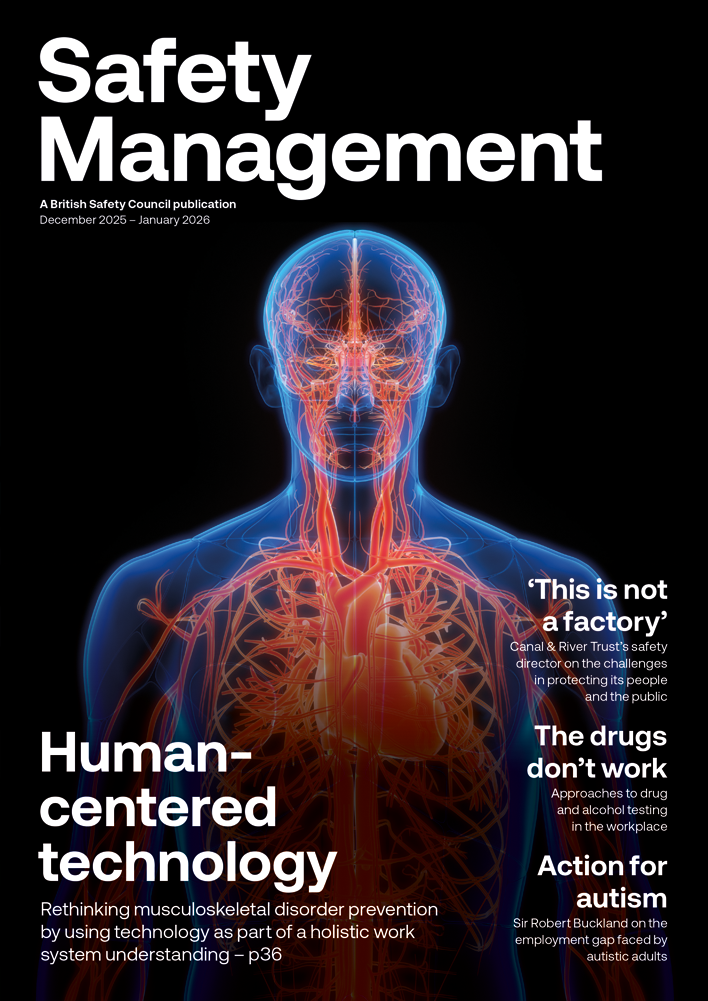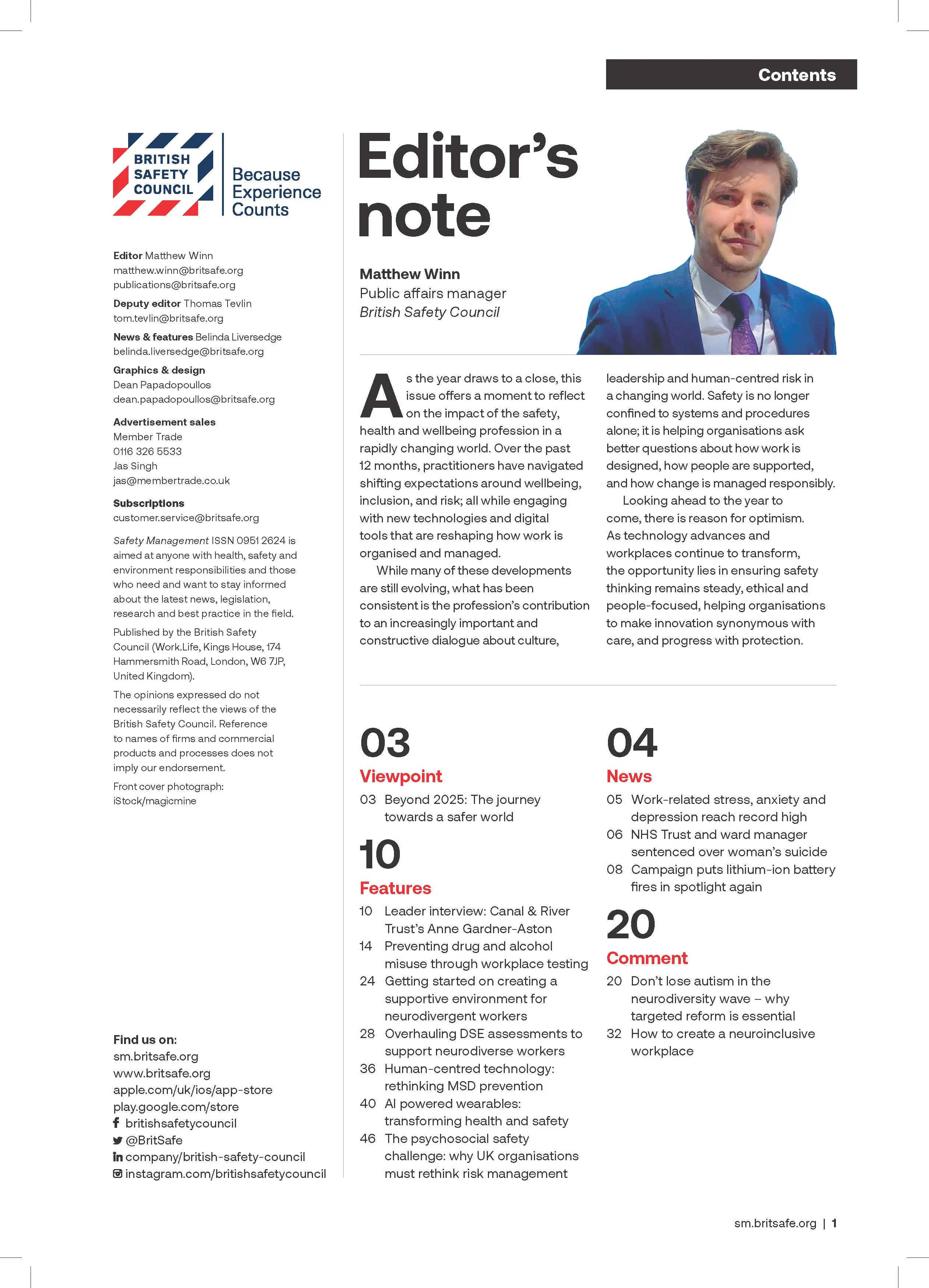Smartcard technology is making it easier for construction site managers to check workers have the right qualifications, training and skills to work safely and in a competent manner, says Alan O’Neile.
Features
The right card
Most people are familiar with the contribution made by the Construction Skills Certification Scheme (CSCS) towards improving standards and safety on UK construction sites. For several years now the strategic direction of the scheme has focused on ensuring that all applicants achieve a nationally recognised construction-related qualification.
Over recent years, several changes have been introduced to remove those cards that historically were issued without the need to obtain a qualification.
However, despite the withdrawal of these cards and moving hundreds of thousands of construction workers towards a recognised qualification, further changes are required before construction achieves its goal of a fully qualified workforce.
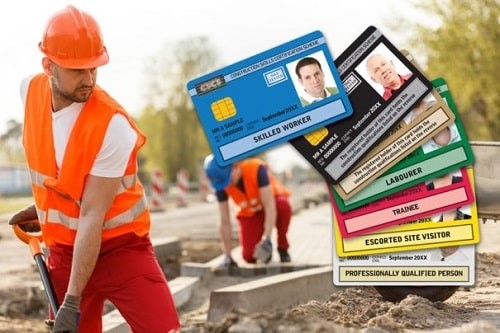 From 1 January 2020 all cards renewed under IA will expire on 31 December 2024. Photograph: CSCS
From 1 January 2020 all cards renewed under IA will expire on 31 December 2024. Photograph: CSCS
Qualifying the workforce
The end of 2020 marked a major milestone for all card schemes displaying the CSCS logo. In 2015, the Construction Leadership Council (CLC) announced (via the Industrial Strategy: Construction 2025) that industry should specify and promote card schemes carrying the CSCS logo with no equivalents accepted. In order to qualify for the CSCS logo, all card schemes (including CSCS) had to develop plans by 2020 to meet the CLC’s requirements, including:
- Agreeing appropriate qualifications for each occupation
- Setting a minimum standard for skilled occupations at NVQ Level 2
- Introducing smart technology by 2020.
Since 2015, 38 card schemes covering a wide range of sectors – including plant, demolition and scaffolding – have taken up the challenge of meeting the CLC’s requirements and now display the CSCS logo on their cards.
Industry accreditation
For CSCS the next step towards ensuring that all cardholders achieve a qualification is the withdrawal of cards issued under Industry Accreditation (IA). Also known as Grandfather Rights, IA allowed workers to obtain CSCS cards on the strength of an employer’s recommendation rather than the achievement of a recognised qualification.
To meet the requirements of the CLC, CSCS has developed plans in conjunction with the construction industry to move all IA cardholders to a recognised qualification. From 1 January 2020 all cards renewed under IA will expire on 31 December 2024 and CSCS will stop issuing the cards from 30 June 2024. What each cardholder needs to do next depends on their occupation and any qualifications they may already hold.
CSCS continues to work with the industry to find a solution to the requirement that all IA cardholders have plans in place to achieve a recognised qualification by the end of 2024.
For those IA cardholders who have achieved the appropriate qualification for their occupation – or become members of CSCS-approved professional bodies – it will be a simple process to move onto the appropriate CSCS card.
For those without qualifications, CSCS is working with the industry to find ways to support these individuals in achieving the recognised qualification for their occupation. What that support looks like is uncertain, but one option to be explored is the delivery of an on-site assessment rather than the completion of a full NVQ.
The removal of IA is one of the most complex steps to be taken in helping to create the fully qualified workforce the industry desires. There will not be one single solution to all the challenges the removal of IA creates. Indeed, it is likely that each occupation and sector will need to agree their own solutions, and these may take some time to develop.
This work will continue as a priority throughout 2021.
Electronic card checks
One of the biggest challenges facing all card schemes is related to the CLC’s requirement that all cards can be electronically checked at the site gates using one system that is compatible with all cards displaying the CSCS logo.
In December 2020, the CLC confirmed that all card schemes displaying the CSCS logo have until 31 March 2022 to “use smart technology which has the capability to electronically check agreed information relevant to a cardholder, using a common interface, without the need to manually enter data”.
The CLC has requested that CSCS act as the facilitator in benchmarking the current status of each card scheme and we look forward to collaborating with our partners to find a solution to the card checking issue.
Initial discussions with the Partner Cards Schemes have been positive but there is still plenty of work to be completed if all 38 card schemes are to meet the CLC’s March 2022 deadline.
CSCS remain committed to keeping the industry updated on the progress of all the issues highlighted in this article.
For more information see: www.cscs.uk.com
Alan O’Neile is head of communications at the Construction Skills Certification Scheme (CSCS).
FEATURES

Underpinning safety training with neuroscience for long lasting impact
By SSE Active Training Team (ATT) on 30 November 2025
A behavioural safety training programme developed by Active Training Team for energy provider SSE has been carefully designed with neuroscientific principles in mind – resulting in a prestigious industry award for Best Training Initiative in 2024.
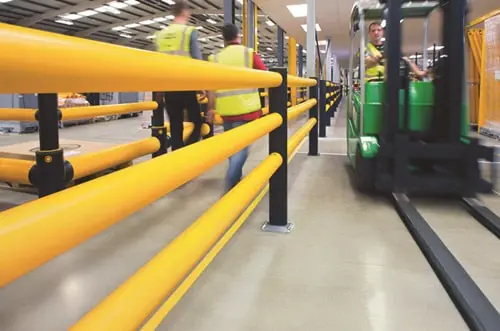
Why a painted line will never be enough
By UK Material Handling Association (UKMHA) on 20 November 2025
Businesses that operate material handling equipment like forklifts are being urged to submit accident and near miss details to a new confidential reporting portal so the industry can identify what needs to be done to improve safety standards.
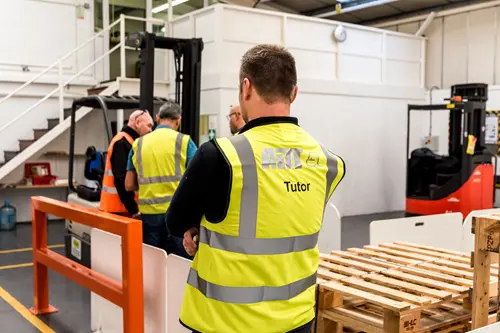
Why workplace transport training is changing in 2026 and what it means for employers
By AITT on 26 November 2025
New workplace transport training categories due in January mean it is essential to ensure operators of material handling equipment have the necessary training for the exact type of machine they use, and accredited training providers are an ideal source of advice and conversion training.


